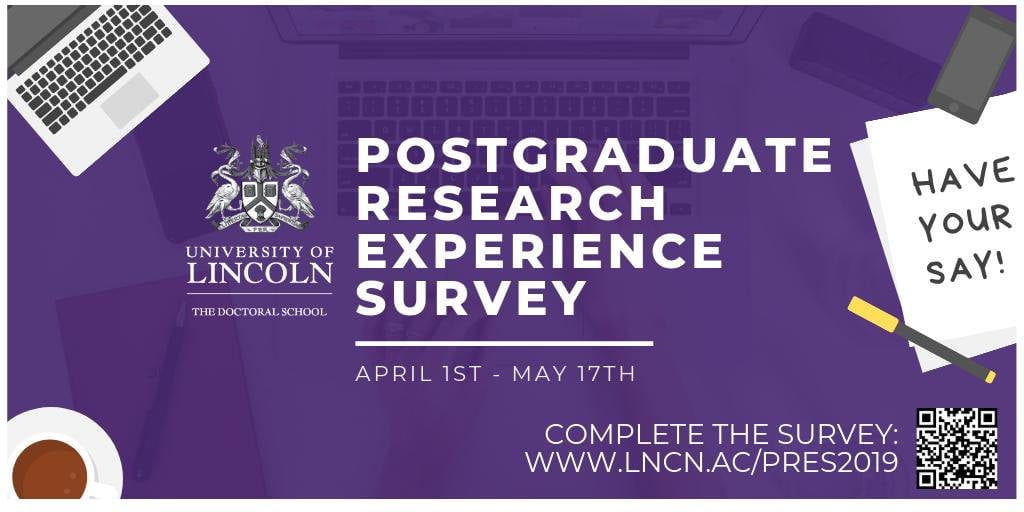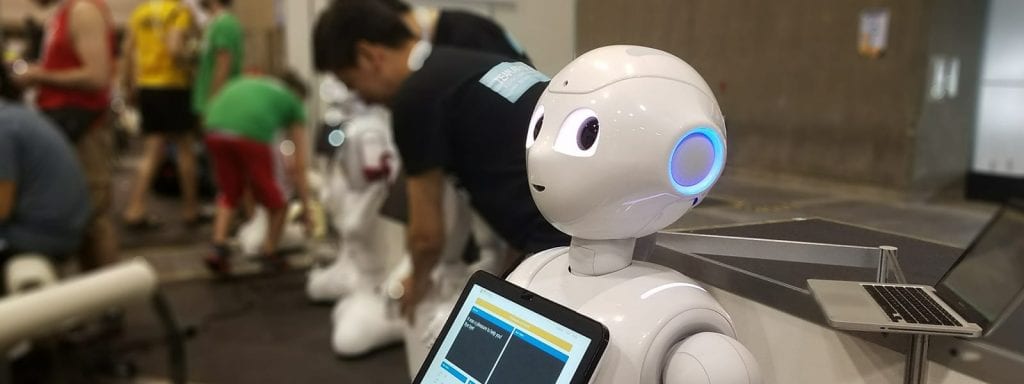Impact of Coronavirus- PGR Students
The rapidly developing situation will have implications for planned research activity and University of Lincoln are developing processes to minimise disruption to PGR student research work, progression and examination. For general impact on working or travel arrangements, please consult Foreign and Commonwealth Office and websites, as these will provide regular updates. The following advice is specific the PGR study, and we shall provide further communications as situation develops.
If students are experiencing changes of circumstances, which may affect their research work, then first point of contact should be their supervisors and School PGR administrators.
Online communication such as email or tele/video-conferencing (e.g. skype) should be used in place of face-to-face meetings regarding progress in work. This can be reflected in monthly progress forms.
Where research work involves close contact with human participants, such as collection of samples or face to face interview, then these should be suspended. Alternative means of data collection, such as telephone, video conference or online questionnaire should be considered as replacements. For ethical approval, this will normally not require a re-submission of ethics forms, but students should inform their local ethics co-ordinators.
Changes to Planned Work
Where students are unable to continue with planned elements of work then the following principles should be considered:
- If disruption prevents planned element of project (such as data collection), but students can work on other areas of the project, such as analysis or writing up, then this can be reflected in a change to study plan and recorded in suitable PGR forms. For example, PGR Monthly Progress reports can capture short-term actions, whilst progression documents such as PGR Annual Report can capture significant changes to project aims and timelines.
- If students are unable to work on other areas of the project, then they can apply for interruption during a period of disruption. Normally students can only receive a total of 2 years interruption during a period of study, but we can consider extending this for those who have used up most of this allowance.
- If disruption risks student failing to submit a thesis within normal enrolment period (e.g. 4 years for full time PhD) then we can also consider no fee extensions to enrolment period.
- Where interruption has funding or visa implications, consult your supervisors and PGR administrators before applying.
With regards to PGR paperwork and assessment by School Progress Panels and CRDBs
Electronic submission of paperwork will be considered acceptable where submission of hard copies is not possible. This can be extended to electronic submission of the thesis so CRDBs can share with examiners during this period of disruption.
CRDBs can show discretion with regard to deadlines for key progression documents such as Confirmation of Studies, MPhil to PhD transfer and PGR Annual reports. Where disruption may cause delays in submission of these documents, then students should inform their local PGR Administrators, so that University can consider circumstances and advise on appropriate revised deadlines.
Examination of Masters by Research thesis for Computer Science Students
Masters by Research students can opt to be examined by viva/oral defence, with examiners providing written feedback on written work, and Masters by Research candidate addressing this feedback by correcting thesis as appropriate. The School of Computer Science would still like to advise our students to have a viva where possible unless there is a strong reason for written feedback. A viva will only be required where Masters by Research candidate or the examiners request this form of examination, in which case video or tele-conferencing should be used. An example of the process that is being trialled in College of Science is set out below.
Masters by Research Written Examination
The written component will take the form of a review, similar to those received when publishing a paper. Examiners (one internal and one external) will comment on the thesis independently in writing and suggest amendments. Once the internal has received amendments from the external, they will agree the outcome and this will be communicated to the student and supervisors by the internal. The communication will be in the form of a letter similar to that sent by journal editors.
Revisions will then be worked on within our standard timeframes. Students and examiners still have the option to request a viva should they want one. Should examiners not agree then the School PGR lead (or their deputy) will act as an intermediary.
Examination of PhD Thesis
PhD examinations should continue with oral defence, but using alternatives put in place of face-to-face meeting for viva such as video or tele conferencing (e.g. skype). Guidance on processes will be published next week.
Please also follow the guidance at https://doctoralschool.lincoln.ac.uk/coronavirus/ and talk to your supervisors.



 This semester, there is a new weekly research seminar series “
This semester, there is a new weekly research seminar series “